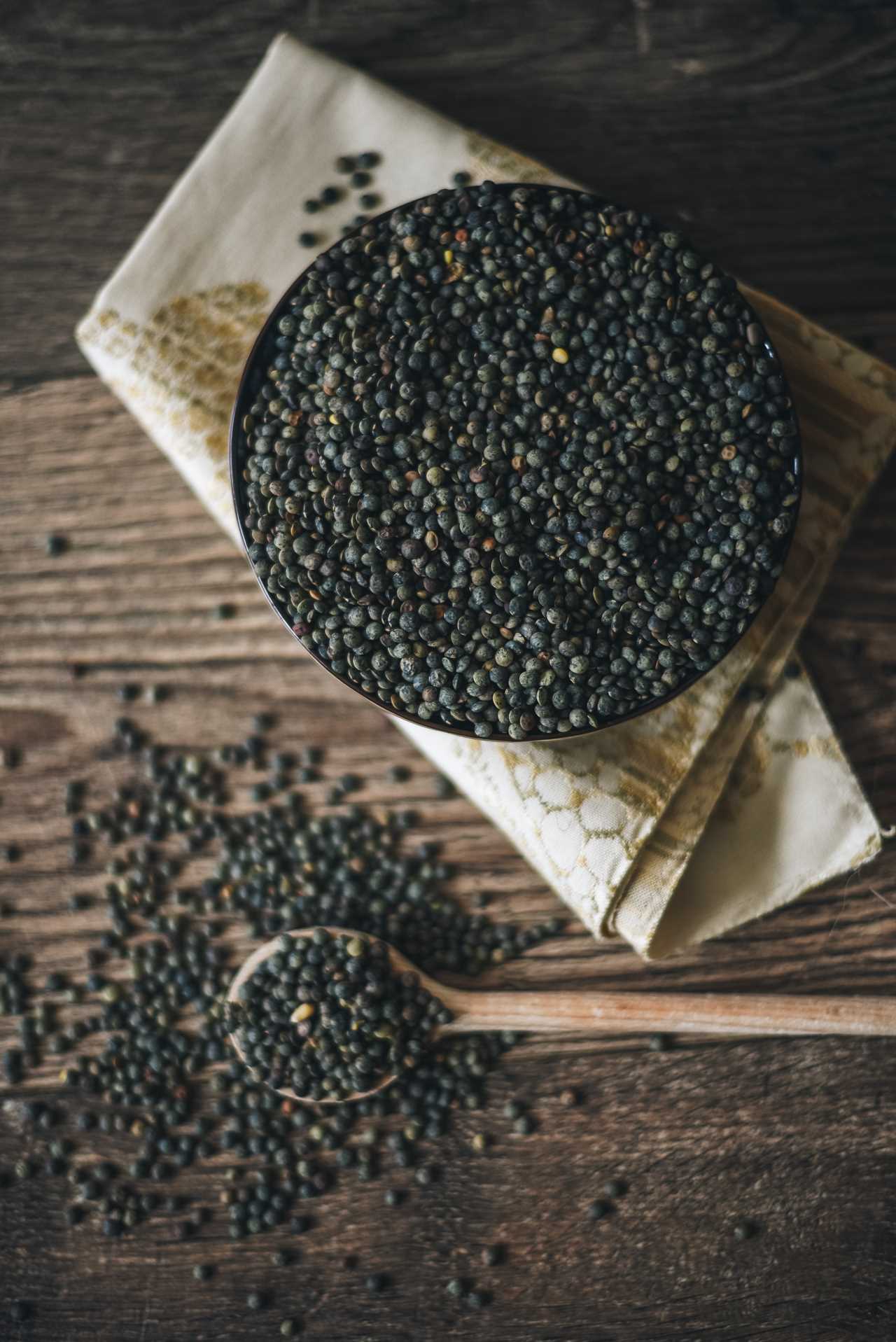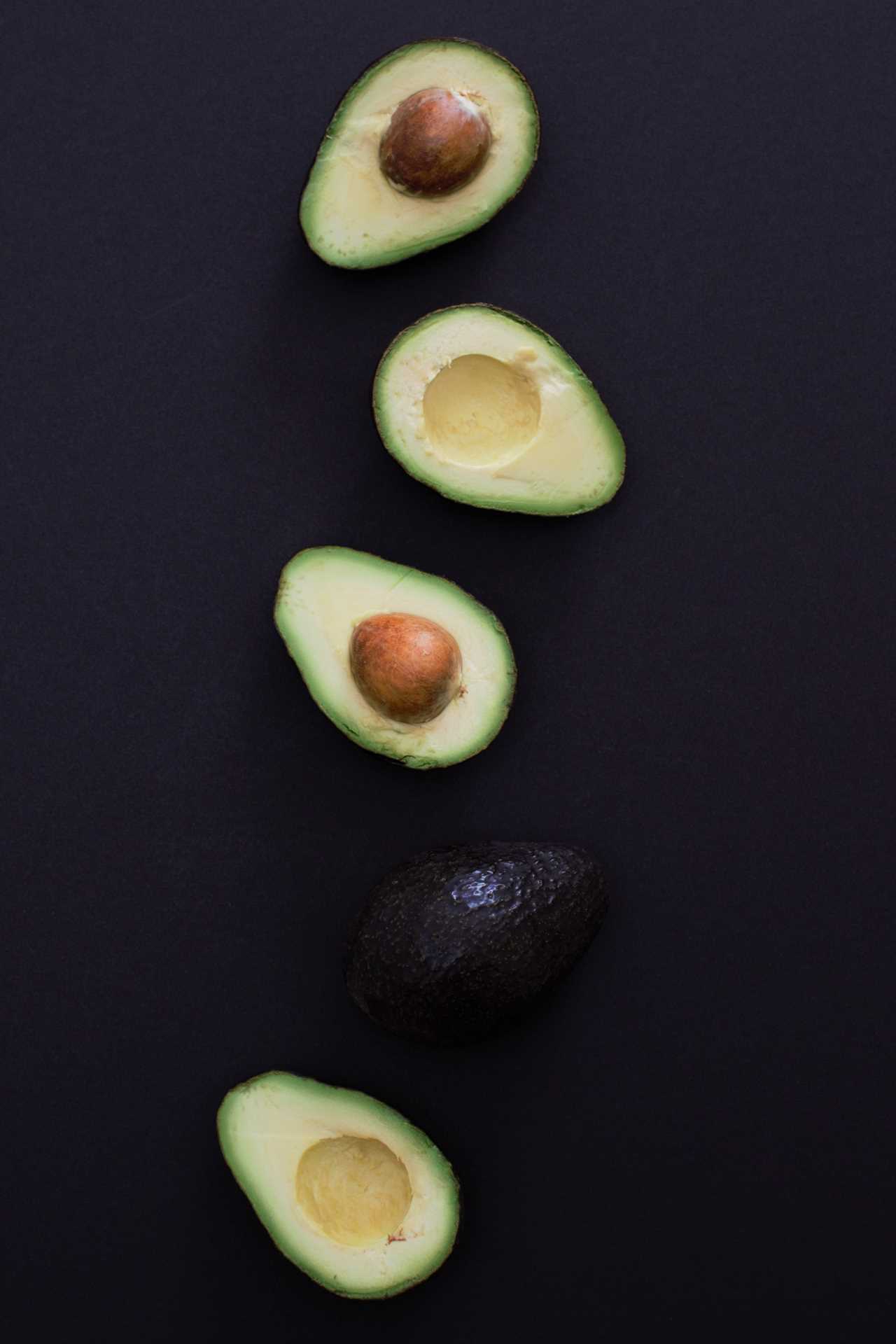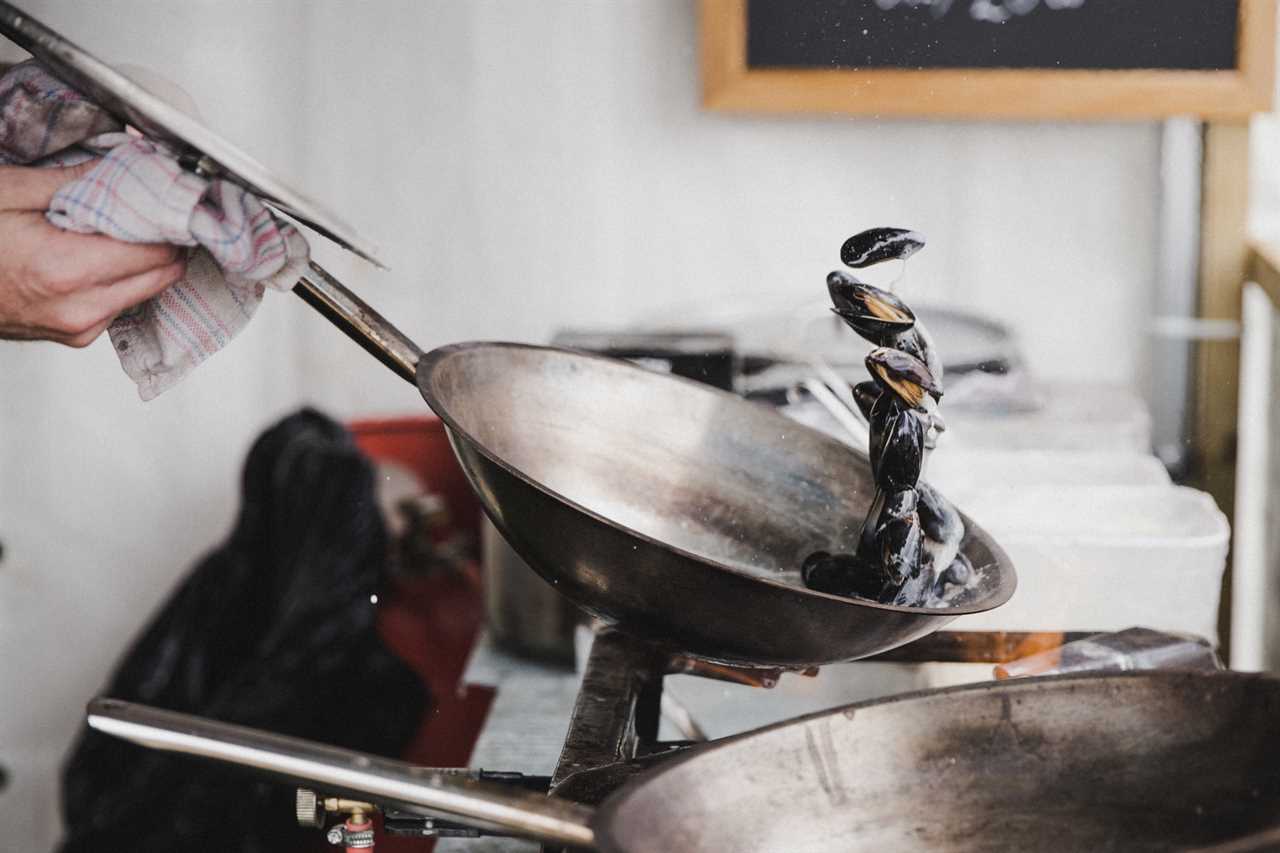In their quest for culinary excellence, cooks and food enthusiasts are always on the lookout for ways to elevate the flavor of their dishes. Luckily, there are a myriad of cooking tricks that can be employed to achieve just that.
From proper pan usage and resting meat before cutting, to timing eggs and chopping herbs with salt, these techniques can make a world of difference in the taste and quality of your meals.
So, if you’re ready to unlock the secrets to better flavor, keep reading and prepare to take your cooking to new heights.
Key Takeaways
- Don’t overcrowd the pan
- Let red meat sit before cutting
- Store spices in the right location
- Shut the stove off before eggs are done
Proper Pan Usage
When overcrowding the pan, it can result in uneven heat distribution and affect the flavor, as well as create a health risk. To ensure optimal cooking results, it is important to avoid overcrowding and squishing extra ingredients into the pan.

This can be achieved by using the appropriate size of pan for the amount of food being cooked. Additionally, using the right type of pan can also contribute to better heat distribution and flavor. Non-stick pans are great for easy cleaning, while stainless steel pans provide excellent heat conduction. Cast iron pans are known for their durability and ability to retain heat.
Resting Meat
Resting meat allows it to retain juices and prevents dryness. When meat is cooked, the heat causes the juices to move towards the center. By allowing the meat to rest after cooking, these juices redistribute, resulting in a more flavorful and moist final product.
The benefits of resting meat are twofold. Firstly, it allows the fibers in the meat to relax, resulting in a more tender texture. Secondly, it allows the juices to redistribute, ensuring that each bite is juicy and flavorful.
To properly rest meat, remove it from the heat source and let it sit undisturbed for a few minutes. This allows the juices to redistribute throughout the meat, ensuring a more succulent dining experience.

Proper Spice Storage
Properly storing spices in a cool, dark space preserves their quality and potency. When spices are exposed to heat, light, and moisture, their flavor and potency can diminish over time. To ensure that your spices retain their optimal flavor and potency, follow these tips for proper spice storage:
- Storing spices properly:
- Choose a cool, dark space: Heat and light can degrade the quality of spices, so it’s important to store them in a location away from direct sunlight and heat sources, such as above the stove.
- Prevent spice clumping: To avoid clumping, keep spices in airtight containers or jars and store them in a dry environment.
- Utilize spice blends: Creating your own spice blends can help you save space in your spice cabinet and ensure that your spices are used before they lose their flavor.
By organizing your spice cabinets, preventing spice clumping, and utilizing spice blends, you can extend the shelf life of your spices while preserving their flavor and potency.
Enjoy the freedom of having a well-stocked spice collection that enhances your culinary creations.
Timing Eggs
To achieve the ideal texture and taste, turning off the stove a few minutes before the eggs are fully cooked allows the residual heat to continue cooking them to perfection. This trick is especially useful when aiming for perfect soft boiled eggs. By shutting off the stove at the right time, you can avoid overcooking the eggs and ensure they are creamy and runny on the inside.

Additionally, this technique can also be applied to making fluffy scrambled eggs. By removing the eggs from the heat source slightly before they are fully cooked, you can prevent them from becoming dry and rubbery. The residual heat will gently finish the cooking process, resulting in light and fluffy scrambled eggs that are a delight to savor.
Herb Chopping
Chopping herbs with a pinch of salt provides a helpful grip and keeps the herbs in place on the cutting board. This simple trick not only makes herb chopping easier and more efficient but also helps maintain a clean and organized cutting area.
When it comes to herb preservation, proper storage is crucial. Storing herbs in a cool, dark space away from direct sunlight preserves their quality and potency.
Additionally, pairing herbs correctly can elevate the flavors in your dishes. Some popular herb pairings include basil and tomato, rosemary and lamb, and thyme and poultry.

Salting Pasta Water
Adding salt to boiling pasta water enhances the taste of the pasta by seasoning it thoroughly. When salt is added to the water, it distributes evenly throughout the pasta, resulting in a more flavorful dish. The salt helps to bring out the natural flavors of the pasta and gives it a well-rounded taste.
It is recommended to use 1-2 tablespoons of salt in a large pot of water to achieve the desired flavor enhancement. By salting the boiling water, you can elevate the taste of your pasta dishes and create a more enjoyable dining experience.
Using Pasta Water in Sauce
Using the starchy pasta water in the sauce helps to balance its consistency and add a delicious taste to the dish. This simple trick not only prevents waste but also enhances the flavor and texture of pasta dishes.
Here are some benefits of incorporating pasta water in other recipes:

-
Enhanced Flavor: The starch released into the water during pasta cooking adds a subtle richness to the sauce, elevating the overall taste.
-
Creamy Texture: The starch acts as a natural thickener, giving the sauce a smooth and velvety texture without the need for additional ingredients.
-
Cost-Effective: By using the pasta water, you can create a flavorful sauce without having to rely on expensive store-bought options.
-
Customizable: Homemade pasta sauce allows you to adjust the seasonings and ingredients to suit your personal preferences, giving you the freedom to create a sauce that perfectly complements your dish.

Frequently Asked Questions
What Are Some Common Mistakes People Make When Using a Pan and How Can It Affect the Flavor of Their Food?
Common pan mistakes can have a significant impact on the flavor of one’s food. Overcrowding the pan is a common mistake that results in uneven heat distribution, affecting the flavor.
Another mistake is squishing too many chicken breasts into the pan, which can also lead to uneven cooking and a compromised taste.
It is important to properly use the pan to ensure even heat distribution, which enhances the flavor of the food being cooked.
Why Is It Important to Let Red Meat Rest Before Cutting, and How Does It Help Retain Its Juices?
Letting red meat rest before cutting is crucial for retaining its juices and ensuring a succulent and flavorful result. When meat is cooked, the heat causes the juices to move towards the center of the cut. Allowing the meat to rest allows the juices to redistribute evenly throughout the meat, resulting in a more tender and moist texture.

This resting period also allows the meat fibers to relax, making it easier to slice and ensuring a more enjoyable eating experience.
What Are the Best Storage Practices for Preserving the Quality and Potency of Spices?
Proper storage techniques for spices are crucial in preserving their quality and potency. Storing spices in the right location is important to maintain their flavor. Humidity and heat can alter their taste, so it’s best to store them in a cool, dark space away from direct sunlight.
Following proper storage practices can extend the shelf life of spices and ensure that they retain their full flavor when used in cooking.
How Can Timing the Stove Properly When Cooking Eggs Result in the Ideal Texture and Taste?
Timing the stove properly when cooking eggs can result in the ideal texture and taste. By shutting off the stove a few minutes before the eggs are fully cooked, residual heat continues to cook the eggs to perfection.

This technique prevents overcooking and ensures that the eggs are moist and flavorful. Achieving the ideal texture and taste of eggs is all about timing and knowing when to turn off the stove.
What Is the Purpose of Using Salt When Chopping Herbs, and How Does It Make the Process Easier and More Efficient?
Using salt when chopping herbs serves multiple purposes and offers several benefits.
Firstly, salt helps to prevent the herbs from slipping on the cutting board, providing stability and making the chopping process easier and more efficient.
Additionally, salt enhances the flavor of the herbs, bringing out their natural aromas and taste. By incorporating salt into the herb chopping process, one can elevate the overall flavor profile of their dishes and create a more enjoyable culinary experience.








